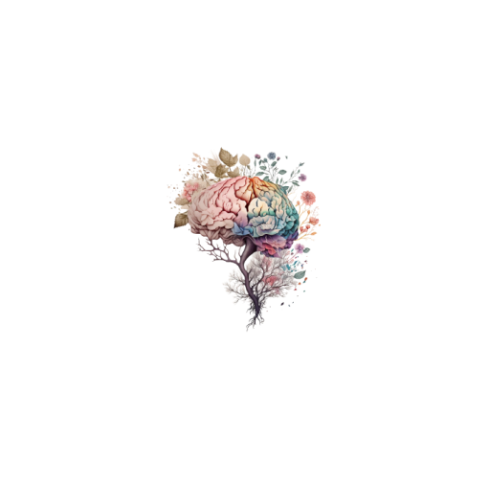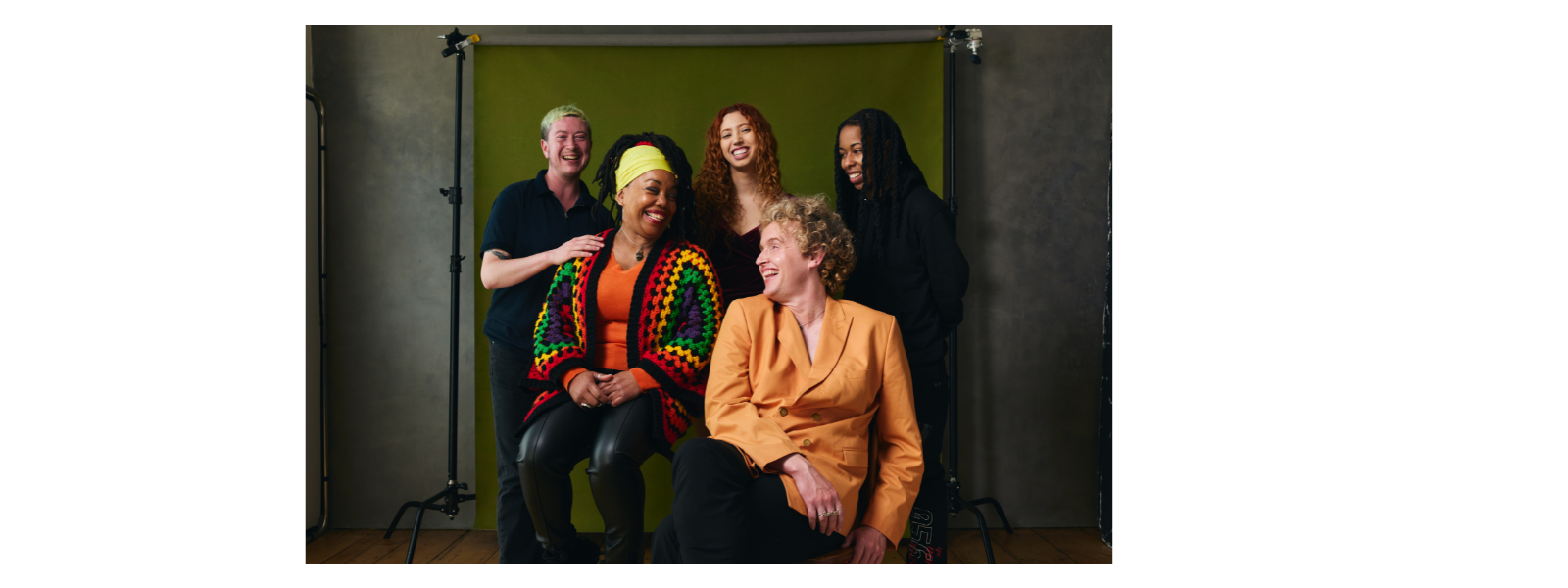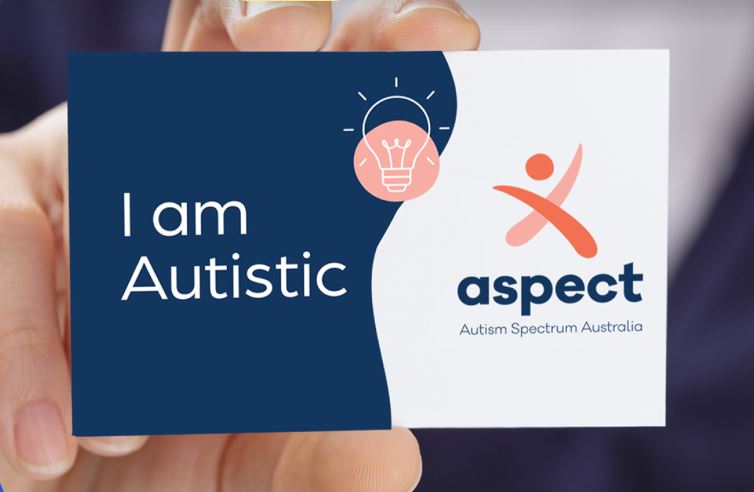Overview
Autism is a neurodevelopmental condition that shapes how someone thinks, learns, interacts, and experiences the world around them.
It’s a form of neurodivergence, which means that Autistic individuals engage with life in ways that might be different from those who are ‘neurotypical’.
In Australia, around 1 in 40 people are on the autism spectrum, and they come from all walks of life – different ages, genders, cultures, and backgrounds.
While autism isn’t classified as a mental health condition, many Autistic individuals might face mental health challenges due to various factors, such as life experiences, societal expectations, sensory sensitivities, and past traumas.
Each Autistic person is unique. Some may identify as having a disability due to the challenges they experience in daily life, while others don’t.
Understanding and embracing autism through a strengths-based, neuro-affirming approach can support Autistic individuals to thrive while maintaining their mental well-being while navigating the world.
Characteristics of Autism
Autism looks different for each person. Some common characteristics include:
Social differences
There can be differences in how social interactions are understood and expressed. For example, some Autistic individuals prefer deep, focused conversations over small talk or one-on-one interactions over groups of people.
Communication differences
This includes how people use verbal and non-verbal cues, such as body language and tone of voice, and how they process spoken or written language.
Change, routine and structure
Changes in routine or unexpected events can be challenging and lead to feelings of distress or overwhelm. On the other hand, sticking to familiar routines and having a structured environment can provide a sense of comfort and stability.
Sensory processing differences
Some people have a heightened or reduced sensitivity to things like sounds, lights, textures, smells, and temperatures.
Repetitive behaviours and special interests
Autistic individuals may enjoy repeating certain movements or focusing intensely on specific subjects or activities that capture their interest.
Co-occurring Mental Health Conditions
Autistic individuals can be more likely to experience mental health challenges, and it’s important to be aware of them.
- Anxiety disorders – About one in five autistic people deal with anxiety, which can manifest in different ways, such as social anxiety, generalised anxiety, or anxiety related to sensory experiences.
- Depression – Depression is around four times more common among autistic individuals. This can happen due to feelings of loneliness, burnout, late diagnosis or other experiences.
- Obsessive-Compulsive Disorder (OCD) – Some autistic individuals may experience OCD, especially when it comes to routines and repetitive behaviours.
- Bipolar disorder – Around 1 in 20 autistic individuals experience a mental health condition such as bipolar disorder or schizophrenia.
- Eating disorders: Some autistic individuals can have challenges around eating, which can sometimes lead to an eating disorder.
Identifying and diagnosing co-occurring conditions can be challenging as symptoms often overlap, and there may be unique social communication and interception challenges.
Make sure to seek out a psychologist, psychiatrist, or specialist who embraces neuro-affirming practices and has experience working with autistic individuals. Having the right support can make all the difference.
Tips for Supporting Your Mental Health
Here are some practical strategies to support your mental health and well-being:
Manage your sensory needs
Getting to know your sensory profile and finding what supports you is important.
Simple things like noise-cancelling headphones, dedicated quiet areas, taking breaks, and lighting adjustments can make a big difference and help prevent overwhelm.
And remember, it’s okay to ask for accommodations when you need them if you feel comfortable and supported to do so.
Self-advocacy and self-awareness
Self-awareness – knowing your values and needs, priorities, strengths, and challenges – can help you express what you want, set boundaries, and self-advocate.
Pay attention to what triggers you or makes you feel overwhelmed and explore what helps you to feel calm and grounded, such as using fidget toys, finding quiet spaces, snuggling with a weighted blanket, or stimming.
Engage in your special interests
Embracing and engaging in your unique interests can provide you with a sense of comfort and joy while providing an outlet to escape from daily stresses.
Whether diving into your favourite hobby, exploring new activities, or connecting with like-minded individuals, these passions can create opportunities for relaxation and meaningful connections with others who share your enthusiasm.
Develop executive functioning strategies
Explore tools and strategies that work for you to support your executive functioning. Resources like visual cues, timers, task management software, and checklists can help you with planning, task management, organisation, and memory retention.
Regulate your energy levels
Using the ‘Spoon Theory’, spacing out activities, building in time for rest and transitions to your days, being mindful, and setting boundaries are some of the things that can help to prevent fatigue, overwhelm and burnout.
Build your support network
Connecting with friends, peers, and online communities can help you feel more connected and supported. Sharing experiences and having a safe space to be yourself can lessen feelings of isolation and help with unmasking.
If you’re looking for help, consider working with professionals who take a neuro-affirming and strengths-based approach.
Workplace adjustments
If you’re navigating work, think about some adjustments that can boost your well-being. These could include changes to your workspace, like lighting adjustments around your workspace, flexible work hours, making changes in communication, or access to tools and technology that support you to excel in your role.
If you feel comfortable, talk to your manager or, if your workplace has one, reach out to your diversity team for support.
The Employment Assistance Fund (EAF) can help fund changes related to your workplace, equipment, and support services. It’s there to assist eligible people with disabilities who are working, about to start work, or are self-employed!
Tips for Finding Support
If you or someone you know is looking for support, here are some support options to consider:
- Neuro-affirming mental health professionals – Look for psychologists, therapists, and coaches with experience working with autistic individuals. They can provide understanding and tailored support.
- Community and peer support—Connecting with autism or neurodivergent groups, whether in person or online, can be a great way to meet others with shared experiences in safe spaces. They can also be great for unmasking and developing friendships.
- Practical support – Services like occupational therapy, speech therapy, coaching, employment and peer support can help you tackle specific challenges.
- Explore funding options – Some autistic individuals and those with psychosocial disabilities might be eligible for support through the National Disability Insurance Fund (NDIS) and/or the EAF.
Next Steps
Autism and mental health go hand in hand, and adopting a supportive, neuro-affirming approach can help autistic individuals thrive.
If you or someone you know is facing mental health challenges, chatting with a trusted health professional or member of your support network can be a great first step.
Remember, autism isn’t something that needs to be ‘fixed’ – embracing your unique way of thinking, nurturing your strengths, and having a great support network can enhance your overall well-being.
For more information on support available, check out our Get Help section or the resource links below.

Autism with Tanya – The Neurodivergent Woman
in this episode, Tanya discusses her personal experiences as an Autistic person, the significance of finding a supportive community, and her journey as an Autistic parent.

is one of Australia’s largest autism-specific service providers, partnering with people of all ages on the autism spectrum. Access information sheets and explore services including assessments, individualised learning for children, therapy, workshops, webinars, and more.

Neurokindred offers online, Autistic-led peer support groups that help individuals build community and embrace their Autistic identity. Each group is designed around specific experiences or identities, providing a safe space for members to connect, share, and feel supported.
A Personal Journey
In the video below, Kim shares her journey navigating depression and a late autism diagnosis after slipping through the cracks for decades.
Since her formal autism diagnosis, Kim has also undergone a transformative personal journey rediscovering her identity. Uncovering and understanding her unique gifts and strengths has been instrumental in healing from deficit-lens medical models of autism. Recognising and sharing our gifts, she believes, is crucial for fostering meaningful connections and belonging, both within ourselves and with others.



